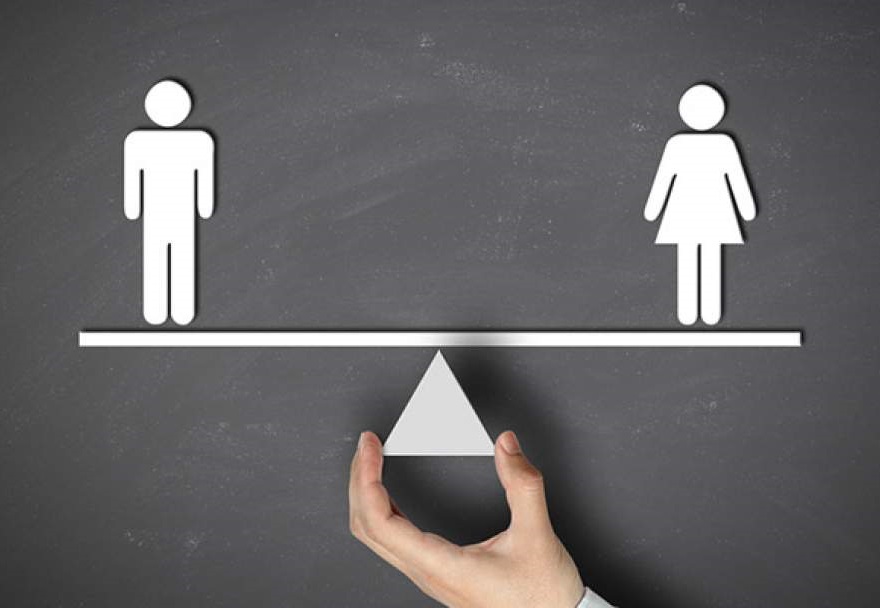Digitalisation offers plenty of opportunities but are girls availing of them?
Published:
European Institute for Gender Equality (EIGE) recently published two articles on gender equality, focusing on digitalisation and the opportunities and risks it can bring to Europe’s youth. Both information sheets are based on the findings of EIGE study ‘Youth, digitalisation and gender equality’ which is to be published in the beginning of 2019.
EIGE reports that digitalisation presents many opportunities for young people in Europe, notably exciting career prospects in the STEM sector, with good salaries and flexible working arrangements, and the possibility of becoming active citizens by joining the vibrant online community thanks to social networking. However, EIGE discovered that teenage girls only expressed an interest in pursuing careers in STEM in four EU Member States. What’s more, they reported that young women are 8% less likely to post comments about online articles than young men and 9% less likely to follow debates on social media. Girls are therefore less confident than boys online and often self-censor when posting their opinions for fear of experiencing backlash.
EIGE also points out the risks associated with social media platforms, namely the reinforcement of gender stereotypes. Indeed, EIGE aspires to full participation of women in the cyber community as they believe that it is essential in order to boost the number of future females in decision-making positions. For this reason, they demand a strengthened gender perspective in the Digital Education Action Plan to lower the risks of digitalisation. They also call for training sessions with teachers on gender inequalities and awareness-raising campaigns about gender stereotypes in order to effectively promote safe and respectful use of the internet.
ETUCE welcomes EIGE’s appeals and equally urges the European Commission to focus on critical-thinking and media literacy skills as part of the post-2020 EU Education Strategy. Likewise, ETUCE would like to see more importance placed on promoting the use of ICT as a tool for supporting personalised learning needs and promoting individual learning opportunities . ETUCE warns that privatisation and commercialisation of digital education is dangerous for its quality and equality of access and reiterates that targeted efforts are needed to attract girls into STEM sectors to ensure that they fully avail of the opportunities that digitalisation can bring.
Issues of youth and gender equality were also discussed at the Conference ‘Gender Equality and YOU’ which was organised in Vienna on 11-12 October by the Austrian Presidency alongside the informal meeting of EU gender equality ministers. The conference was dedicated to the future priorities for the work on gender equality in the EU. ETUCE representatives took an active part in the Conference, in particular in the session on gender equality in education and training.